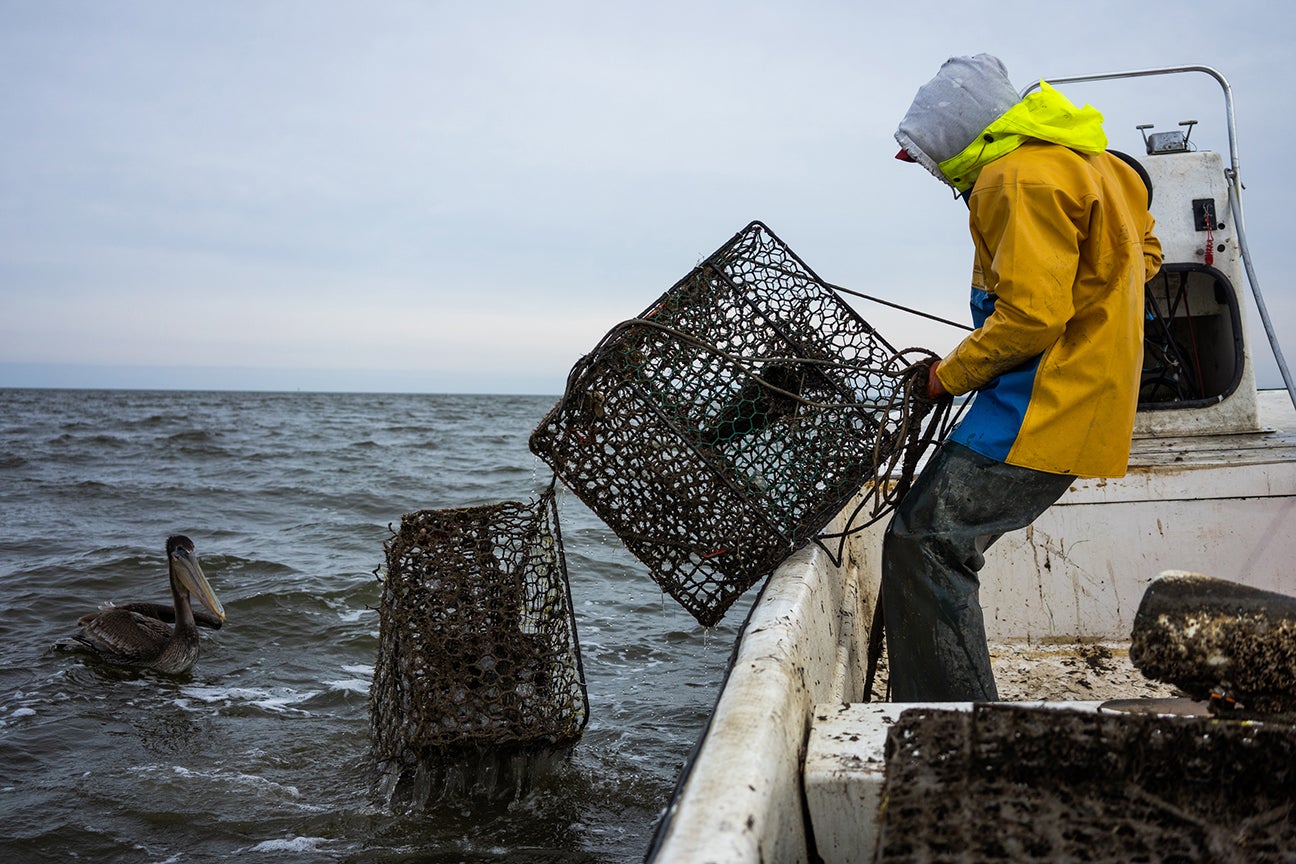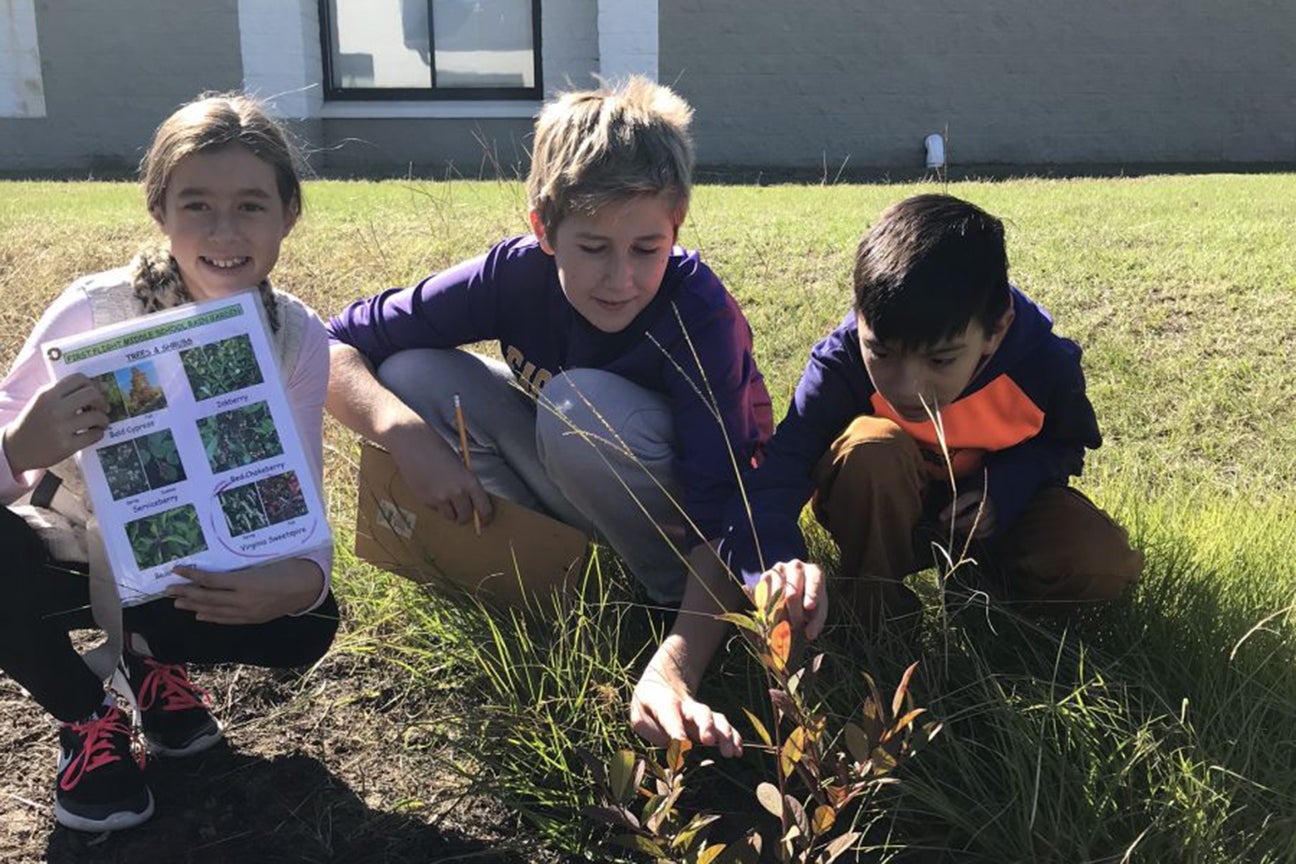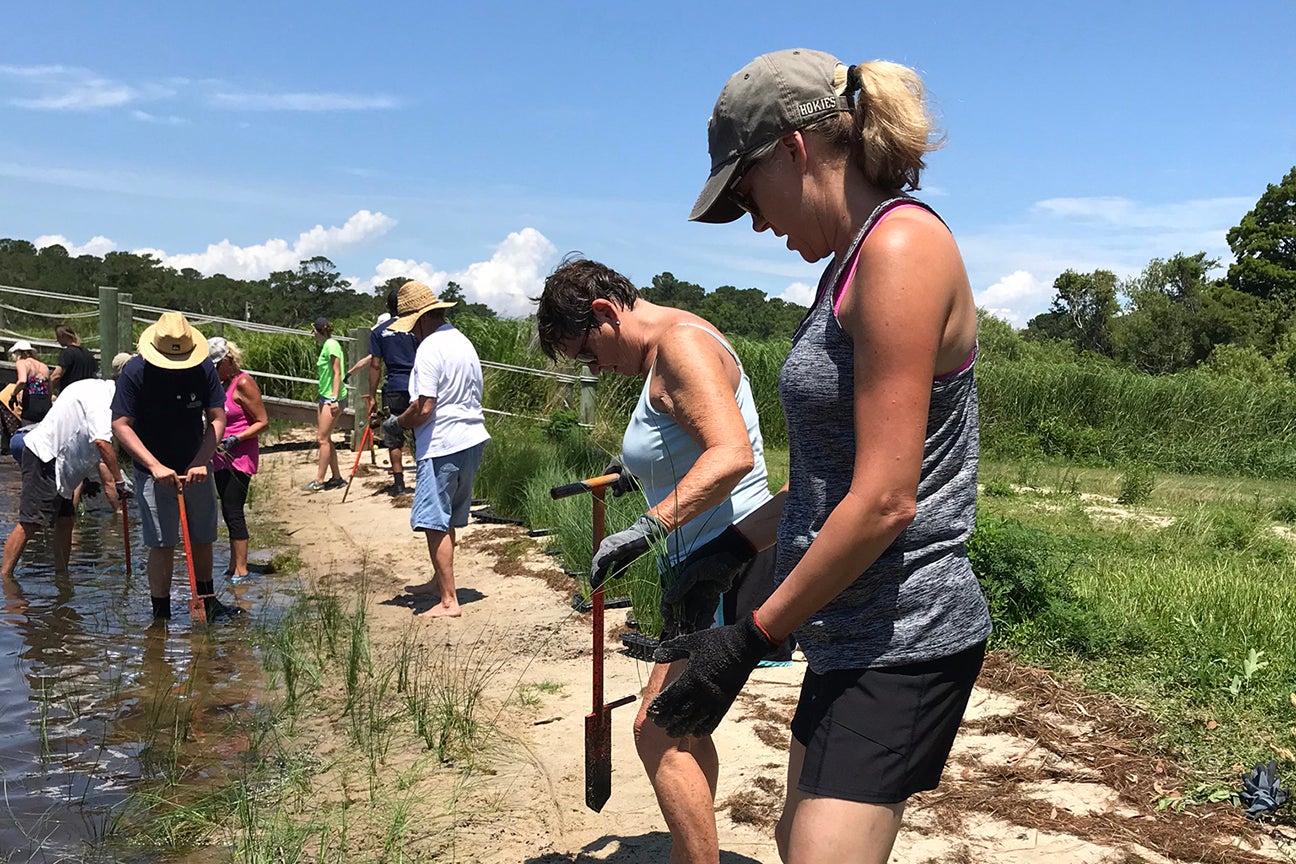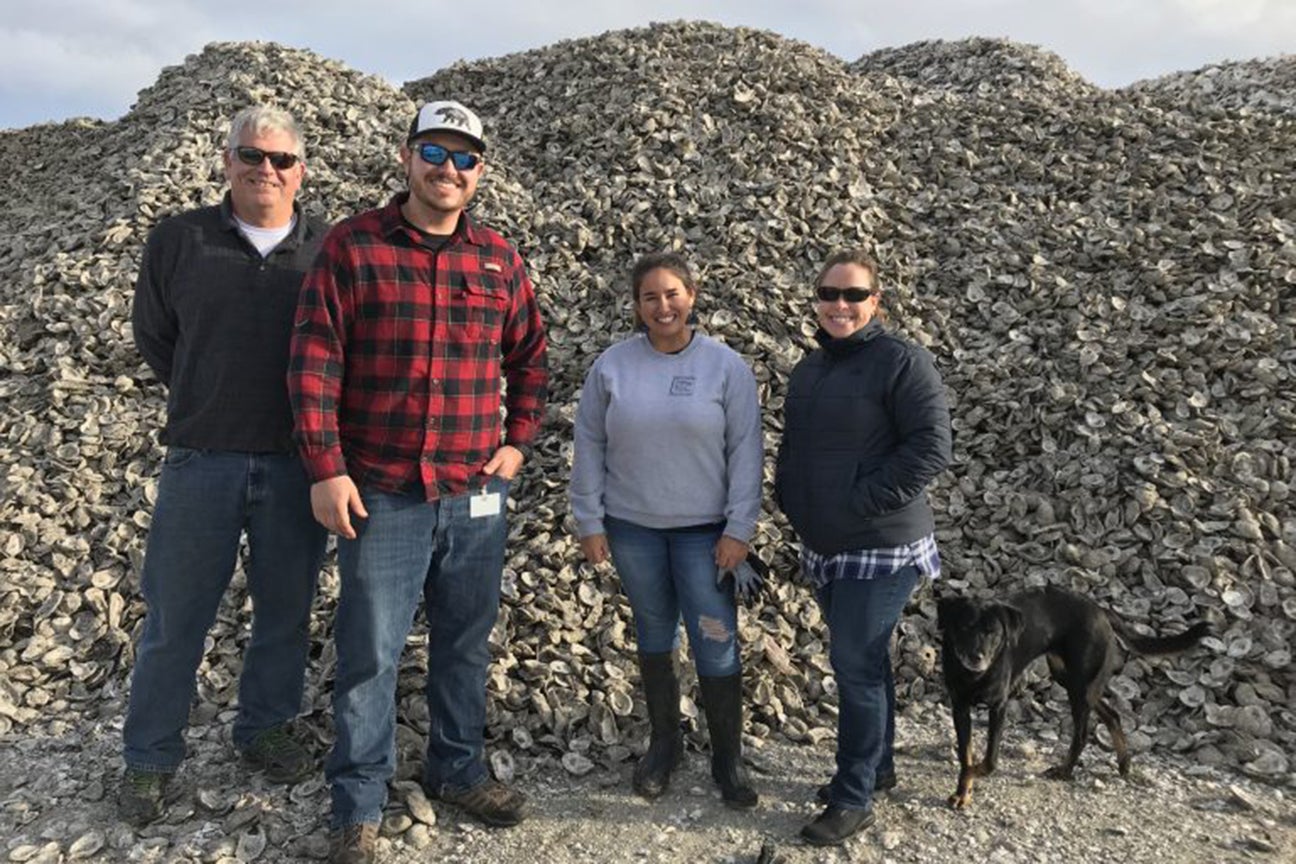North Carolina Coastal Federation’s year in review
Published 11:03 am Tuesday, January 28, 2020
By Michael Flynn
Coastal Advocate, Northeast Office
North Carolina Coastal Federation
The North Carolina Coastal Federation is a member supported non-profit organization that works to protect and restore coastal water quality and habitats throughout North Carolina by collaborating with and engaging people from all walks of life who are committed to preserving the coast for current and future generations.
The federation annually hosts the Hatteras Island Oyster Roast at Oden’s Dock. This year the sold out event takes place on Feb. 1, 2020 from 1-4 p.m. Proceeds from the event support the federation’s oyster education and restoration programs and a portion will be donated to Hurricane Dorian recovery efforts on Ocracoke Island.
Four full-time staff work from the northeast regional office in Wanchese. They collaborate with countless partners through an approach that integrates education, restoration and advocacy to address five primary goals. The summary below highlights the federation’s organizational goals and some of the past year’s regional accomplishments. It also offers a glimpse of future efforts.
Clean coastal waters that support fishing and swimming.
In 2019, through their education efforts, the federation advanced local understanding of the importance of clean water and steps that can be taken to improve coastal water quality. This was achieved through partnerships with three local schools and countless community groups, as well as continuing education trainings for homeowners and professionals.
The federation authored a Lake Mattamuskeet Watershed Restoration Plan aimed at improving water quality and water management within the lake watershed. The plan was written in collaboration with Hyde County, N.C. Wildlife Resources Commission, U.S. Fish and Wildlife Services and a team of local stakeholders. The N.C. Department of Environmental Quality approved the plan in July. Several key actions from the plan will be advanced in the coming year through grants and state appropriations.
In addition to the education and planning efforts, the federation completed two on the ground restoration projects (in Hyde and Halifax Counties) that, combined, will help to reduce stormwater runoff by roughly 22 million gallons during a 5” rainfall event (10-year, 24-hour storm).
Living shorelines that prevent soundside erosion and provide habitat.
Promoting the use of living shorelines for soundside shoreline management is a key initiative of the federation. Locally, a 600-foot living shoreline project along Moor Shore Road in Kitty Hawk was completed. The project consists of seven vertical sills and native marsh grass plantings that decrease wave energy while providing important coastal habitat.
The federation educated real estate professionals, property owners, homeowner associations, marine contractors, engineers and planning professionals on best practices for living shoreline construction through workshops hosted by the N.C. Coastal Reserve. In addition, federation educators offered eight field trips and classroom lessons about living shorelines to NC teachers, students and local community groups throughout the year.
Thriving oysters that support the coastal environment and economy.
Oysters are a critical component of North Carolina’s coastal environment and economy. However, their population is a remnant of what it once was. Multiple efforts are under way in the state to build back oyster populations for the many benefits they provide.
The federation partnered with the state and a private contractor to build eleven acres of oyster habitat in Pamlico Sound this year.
“I am thrilled with our partnership and the cumulative impact of everyone’s efforts to build back our oyster resources in North Carolina,” said Erin Fleckenstein, coastal scientist and regional manager with the federation’s Wanchese office.
Federation staff established and recruited volunteers and restaurants to participate in the Restaurant to Reef recycling program on the Outer Banks. This program uses volunteers and provides free shell pick up from heavy volume restaurants. In 2019, 14 volunteers contributed 160 hours to recycle 500 bushels of shell from Coastal Provisions, Awful Arthur’s, Sugar Shack and Blue Water Grill. Shell from this program will be used to build nearly two acres of reef in 2020. Educational opportunities were offered to school groups and summer camps as well as presentations to local interest groups (Rotary clubs, boat clubs, etc.) throughout the year to highlight the importance and value of oysters to North Carolina.
Effective coastal management that protects our coast.
The federation continues to oppose offshore drilling. After being excluded from explorations by the previous administration, the Atlantic Continental Shelf had once again become a target for possible oil and gas exploration. The federation worked alongside local leaders to oppose drilling off our coast as part of the Don’t Drill NC coalition.
Furthermore, the federation joined two lawsuits to prevent offshore drilling: one that contests seismic survey permits for the impacts they may have to marine mammals and the other that would relax federal rules for blow out preventers on offshore oil rigs.
A coast that is free of marine debris.
The federation has rallied statewide partners to make North Carolina’s coast debris free. Several programs on the Outer Banks, including efforts to reduce and remove debris, were advanced this year.
The federation certified 16 new businesses as part of the Ocean Friendly Establishments program in 2019. Owners and managers of certified Ocean Friendly Establishments have agreed to only serve straws upon request and eliminate single-use plastic bags.
With funding from the N.C. General Assembly, 78 watermen and women worked statewide to remove a total of 3,112 crab pots in late January 2019 as part of the statewide Lost Fishing Gear Recovery project. This was the largest number of participants in the project’s history. For the first time, a process was coordinated to return recovered gear in good condition to the rightful owner. Of the 525 identifiable crab pots in good condition set aside for this process, 325 were claimed by their rightful owners. Though not funded in 2020, the federation intends to secure funds to reinstate this project in future years.
A land-based cleanup has typically accompanied the lost fishing gear recovery projects. In January 2019, volunteers assisted with the removal of marine debris from the Rodanthe Emergency Ferry Terminal. More recently, volunteers assisted staff with debris removal from the estuarine shoreline and roadsides in Wanchese to kick off 2020 marine debris removal efforts.
Visit nccoast.org for more information or to get involved.
READ ABOUT MORE ON THE WATER NEWS HERE.
RECENT HEADLINES:









